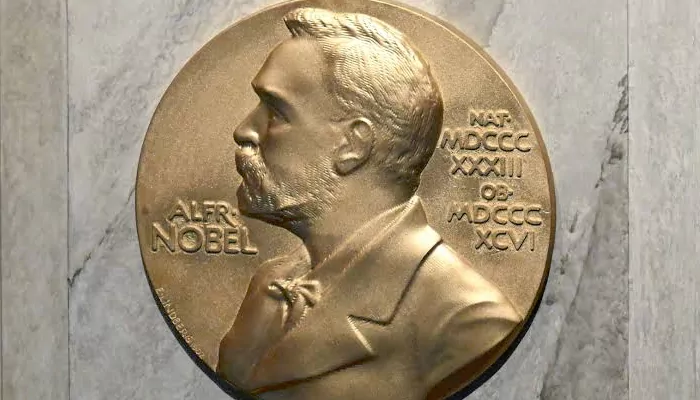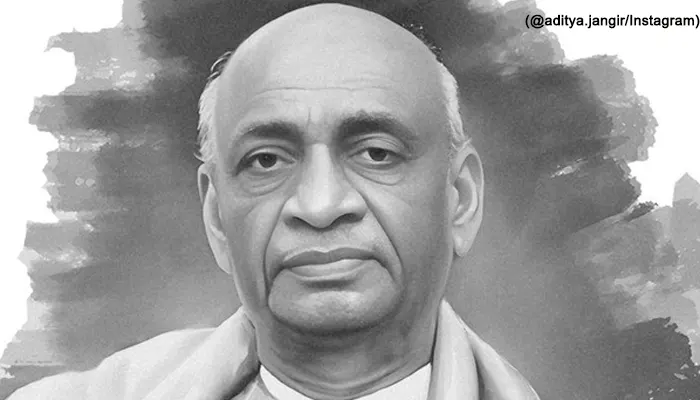Cryptocurrency as a ‘Risk Factor’: RBI Governor's Stance and the Way Forward for India
- Soham Halder
- 1 year ago
- 4 minutes read

Since its creation by the pseudonymous figure named Satoshi Nakamoto, Bitcoin has changed the landscape of digital asset.
Cryptocurrency became a huge hit among investors because of high rate of returns compared to conventional assets like index funds or stocks. Due to this, India has a high number of people in cryptocurrency market currently. As per recent data, India has 19 million crypto investors and 97.5 million cryptocurrency owners. At least 75% of them are youths. Will cryptocurrency bring financial stability in India? Reserve Bank of India (RBI) Governor Shantikanta Das feels it will not. Let's understand RBI’s stance on cryptocurrency market and future outlook.
Governor @DasShaktikanta spoke at the Macro Week 2024 organised by the Peterson Institute of International Economics, Washington D.C. today. The full text of the speech can be accessed at https://t.co/OmhbofAKZO@PIIE #RBI #RBIGovernor #RBItoday pic.twitter.com/M80LnCE3Dp
— ReserveBankOfIndia (@RBI) October 26, 2024
(Credit - X/@RBI)
RBI’s Take on Crypto Market:
RBI governor Shantikanta Das during his appearance at the Peterson Institute for International Economics said: "I am actually of the opinion that this is something which should not be allowed to dominate the financial system. Because it has huge financial stability risks, it has huge monetary stability risks, it also poses risks to the banking system. It also may create a situation where the central bank may lose control of money supply in the economy".
What are RBI’s Concerns?
"If the central bank loses control of money supply in the economy, how does the central bank check liquidity available in the system? How does a central bank control inflation by squeezing money supply or by losing money supply in times of crisis? So, we see crypto as a big risk, and there has to be an international understanding because the transactions are cross-country," Das said during conversation.
"If a certain part of your economy is getting carved out and it is dominated by the crypto assets or the private crypto assets, then the central bank loses control over the entire monetary system. So therefore, it will lead to a huge amount of instability in the monetary system. It can also promote a huge amount of instability in the financial sector. So there are very big risks," RBI governor added.

Current Status of Crypto Market:
Between 2015 and 2023, the price of Bitcoin has increased by a whopping figure of 173,000%. Post-pandemic, Bitcoin attained an annual growth rate of 60% in 2021. The predicted CAGR of crypto currency is 56.4% during 2019 to 2025. Meanwhile, Crypto currency ownership is highest in India followed by USA (48 million), Vietnam (20 million), and Pakistan (15 million).
Pros & Cons of Cryptocurrency in India:
India has a huge number of unbanked population, for them crypto can offer a bypass route without depending on traditional banking system. Due to fixed number of bitcoins (21 millions), there is a potential to maintain the value despite inflation. Moreover, sending money to someone via Bitcoin in foreign countries is easier and cheaper than conventional banking. With faster transaction and more returns, cryptocurrency provides better investment opportunities in India.
However, there are potential downsides too. It can lead to more fraudulent activities as well as regulatory challenges. Crypto market often witness drastic swing in price, which may create issues in volatility.

RBI's Suggestions:
"First, we have to understand the origin of cryptocurrencies. The origin was to bypass the system. Cryptocurrencies have all the qualities of money. The fundamental question is, are we as authorities, are governments comfortable with privately issued cryptocurrencies which have all the features of Currency issuance. Currency issuance is a function, a sovereign function. So the bigger question, larger question is whether we are comfortable with crypto, which has characteristics of being a currency, or whether we are comfortable with having a private currency system in parallel to the fiat currency. So therefore, in India, we have been articulating that we have to deal with this very carefully”.

Future Outlook:
Crypto currency became legal in India in 2020, as a result platforms offering services for trading and investment opportunities in cryptocurrency have seen a rapid growth. Indian government has been working on developing a robust regulatory framework for cryptocurrency. Despite all these, future of Cryptocurrency in India looks highly promising yet a bit uncertain. The proper balance between pros and cons will ultimately create the future of crypto ecosystem in India.
Meanwhile, India was the first country to raise concerns about cryptocurrencies. In the G20 summit, Indian government took the initiative to develop an in-depth international understanding about dealing the whole crypto ecosystem.



.webp)

.webp)






